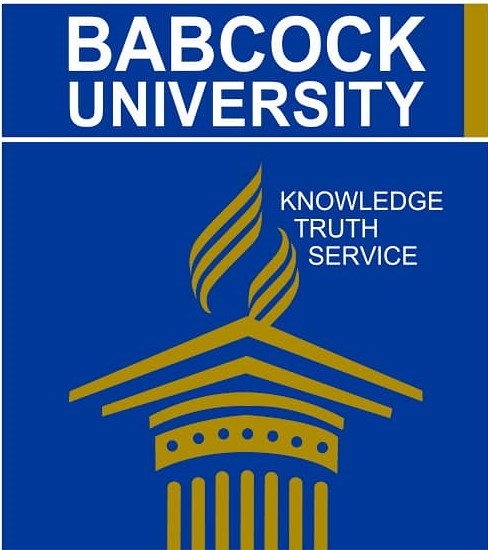INTELLECTUAL SECURITY AND ARTIFICIAL INTELLIGENCE: POSITIVITY AND NEGATIVITY
DOI:
https://doi.org/10.5281/zenodo.16275443Keywords:
Artificial Intelligence (AI), Intellectual Security, Plagiarism Detection, Deepfake Technology, CybersecurityAbstract
This study explores the dual role of Artificial Intelligence (AI) in both enhancing and undermining intellectual security across academia, cyberspace, and the creative industries. It addresses key questions: How does AI simultaneously promote and compromise intellectual security? What ethical, legal, and practical implications emerge from this duality? The primary objective is to evaluate the positive and negative impacts of AI on intellectual security particularly in the areas of plagiarism detection, cybersecurity, deepfake manipulation, and data misuse likewise to propose informed, policy-oriented responses. Adopting a qualitative approach, the study triangulates data from three main sources: (1) a comprehensive literature review spanning 2005 to 2024; (2) real-world case studies (e.g., Turnitin, deepfake-related incidents); and (3) expert opinions extracted from secondary sources such as policy reports, academic commentaries, and interviews. On one hand, AI contributes positively by detecting plagiarism, authenticating content, and enhancing digital protection. On the other hand, it facilitates unethical practices through generative text tools, privacy breaches, and the creation of misleading deepfakes. This tension presents complex ethical and regulatory challenges. The study’s reliance on secondary data, without primary interviews or surveys, limits its generalizability. Additionally, the rapid evolution of AI technologies may affect the long-term relevance of some findings. Nonetheless, the research offers valuable insights for AI governance, academic integrity frameworks, and the development of AI-detection tools. It contributes to the broader discourse on responsible AI use, ethics, and intellectual property in knowledge-based environments.
Downloads
Downloads
Published
Issue
Section
License
Copyright (c) 2025 Journal of Education, Communication, and Digital Humanities

This work is licensed under a Creative Commons Attribution 4.0 International License.














 =======================================================================================================================================
=======================================================================================================================================